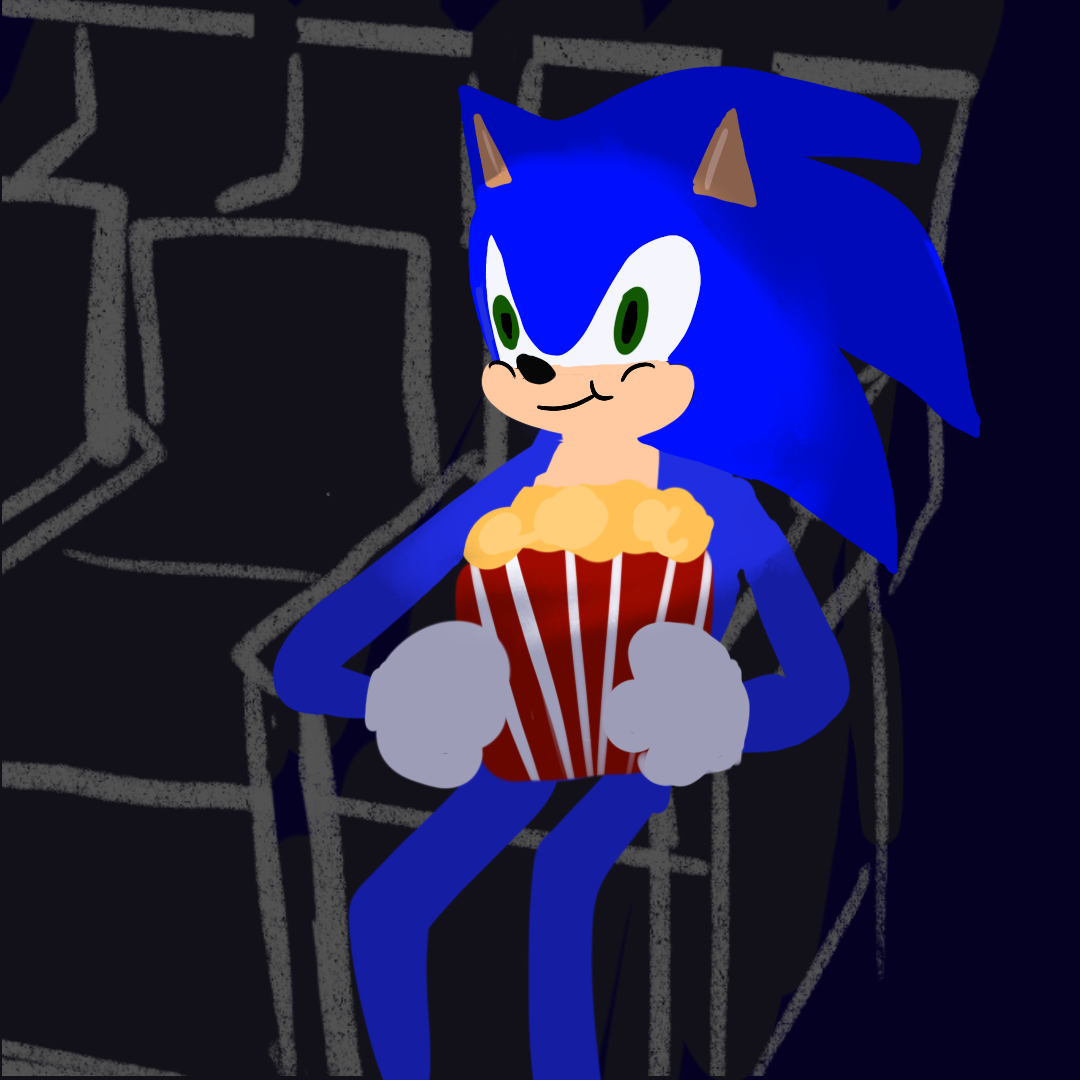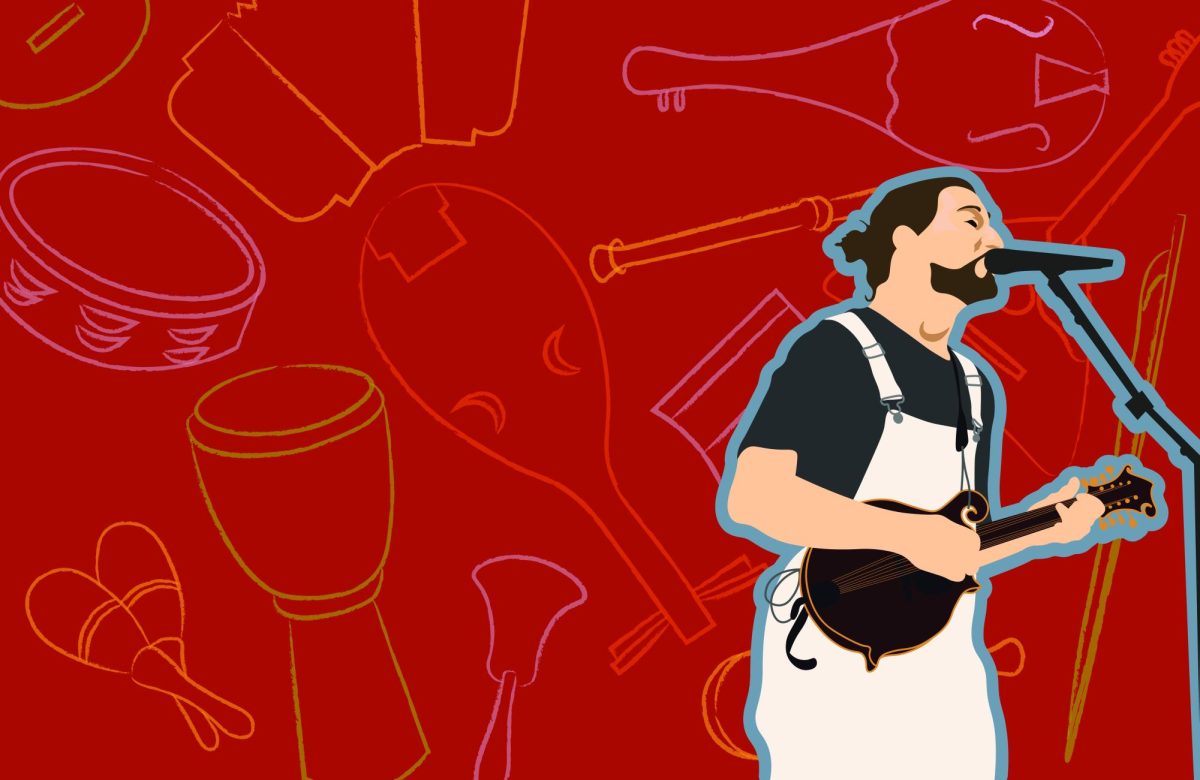When it comes to taking video games and putting them on the big screen, it would seem they’re leveling up.
The 1993 “Super Mario Bros.” movie received a 28% critic rating on Rotten Tomatoes out of 43 reviews, while also scoring a 29% rating out of 100,000+ user reviews.
Compare this to the 2023 reboot that was created by Illumination. While it received a 59% rating out of 280 critic reviews, it was a hit with audiences, scoring a 95% rating out of 10,000+ reviews.
So what changed? Is it an increase in quality, or have these adaptations become about catering to fans?
“It becomes less of when you do a Mario movie in the 80s’, and it’s like, ‘Hey, we’re making a Mario movie, you know, the cool game that all your kids are playing,’ to now, where it’s just another massive media industry,” said Wyatt Simon, a freshman digital media production major.
Jenica Jenick, a senior theater studies major, had a different opinion on the adaptations.
“The reason that a lot of them don’t do as well is because the point of video games is that you are the character; you become the character,” Jenick said. “When you’re playing them, you’re the one making choices; you’re the one doing all the stuff. So, if you turn that into something you’re watching, then it doesn’t always translate super well, because not everyone is going to make the same choices.”
One of the big points that comes with adapting a video game to the screen is how the story had to be changed or revised in order to create an original work.
“I think my ideal adaptation that I always like to look towards is ‘The Last of Us’ HBO series,” Simon said. “The writers understood that the writing was the pinnacle for The Last of Us, and it’s what everyone remembers from it.”
“The Last of Us,” based on the video game of the same name, worked because show runners rewrote the story. The series received an 8.7/10 on IMDb and is “certified fresh” on Rotten Tomatoes with a 96% critic score.
“If the script isn’t well-written, and it doesn’t give a lot to the actors, the actors have to create their own characters,” Jenick said, “and that might not always match with what the fans think of those characters.”
However, where story may not work for some, the visuals of an adaptation can strengthen the production.
“One of the reasons the ‘Five Nights at Freddy’s’ movie worked so well, in my own personal opinion, is because they use so many practical effects,” Jenick said. “When you look at the behind the scenes footage, which I did extensively, the only green screen slash blue screen that was there on any of the animatronics was toward the end.”
While Simon didn’t speak on the production value of these series, he noted some video games series that he would want to see an adaptation of, specifically less known games.
“I want a ‘Monkey Ball’ adaptation that’s nothing but just like 12 episodes of really long stages of ‘Monkey Ball’ that somebody else is controlling, and you just watch this monkey roll around on a ball,” Simon said.
Jenick had words of advice that do not just apply to adaptations of video games but to the industry in general.
“If you’re making a film because you care about the property, and you have a story you want to tell with those characters, then generally the passion will shine through and you can tell it’s a good movie,” Jenick said.
Joseph Dziak is a reporter. Contact him at [email protected].








